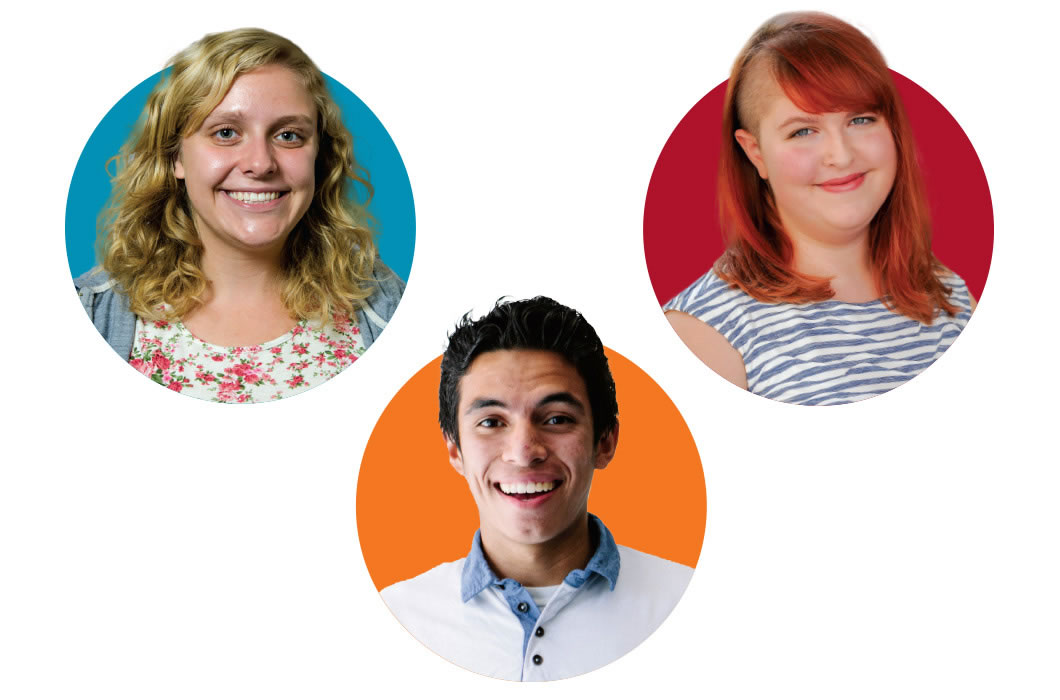Student News
Learning Leadership to a T
What if you could help people see how their behavior affects others? What if you could create systems that take people’s needs and feelings seriously? These are just two of the goals of T-groups. An innovation of the National Training Laboratories Institute in 1947, T-groups were widely used in church training programs during the 1960s through the 1980s and have become the basis for many team-building efforts.
Werner Zorman, associate professor of leadership and holder of the Walter and Leonore Annenberg Chair in Leadership, employed the use of T-groups in his Interpersonal Dynamics course, designed to help participants explore and understand their impact on each other. Three of Zorman’s students, Emily Beese ’17 (engineering), Kathleen Kohl ’17 (physics) and David Tenorio ’17 (engineering)—all campus leaders in various capacities—describe how the class impacted them.

What were some of the most important lessons learned from the class?
Beese: I learned that my words and actions have power. If I express myself clearly, I can actually help others gain an understanding of their behavior in a positive way. I also learned that asking people how they feel is a great way to learn what positive things they have to contribute, even if I disagree with them or don’t like how they come across.
Tenorio: The importance of communication. I learned about the types of responses our actions produce. I enjoyed the readings about understanding other people and not assuming intent. There’s a difference between intent and impact and how we often only see the impact and assume intent when we shouldn’t.
Kohl: The class dealt a lot with giving and receiving feedback about your interactions. In particular, the Situation-Behavior-Impact method is so important in any interaction: telling someone if something affected you, describing the situation and giving the context, describing the behavior without judgment and describing the impact it had on you. This feels like a real workplace-y thing to do, but it’s actually helpful even in a friendship because it takes away any judgment and lets people know how their behavior affects you. Being mindful about the way you interact and engage with people goes a long way. You have to be intentional about it.
In what ways have you applied what you’ve learned?
Beese: I choose to believe people act under their own set of good intentions and that their actions are not meant to hurt. This gives me the freedom to ask people how they actually feel when they hurt me. T-group gave me confidence to speak my mind, even if it’s not “correct.” I learned to take risks with people. To make guesses and ask if I’m right. I’m much less afraid to ask people for feedback. I did this with my Clinic team, and it was helpful!
Tenorio: In my personal life, it’s helping enrich my relationships with friends and family by being able to communicate about things that matter to me, about emotions and about the responses I have that, before, I might not have been as open about, but now I have the language and tools to do so. In a professional sense, it’s important to be precise with language and help others improve on a team.
Kohl: I am the type of person who’s always looking for feedback in my interactions. The class gave me an excuse to practice this intensely every week.
Are leaders born or made?
It’s unanimous: Made.